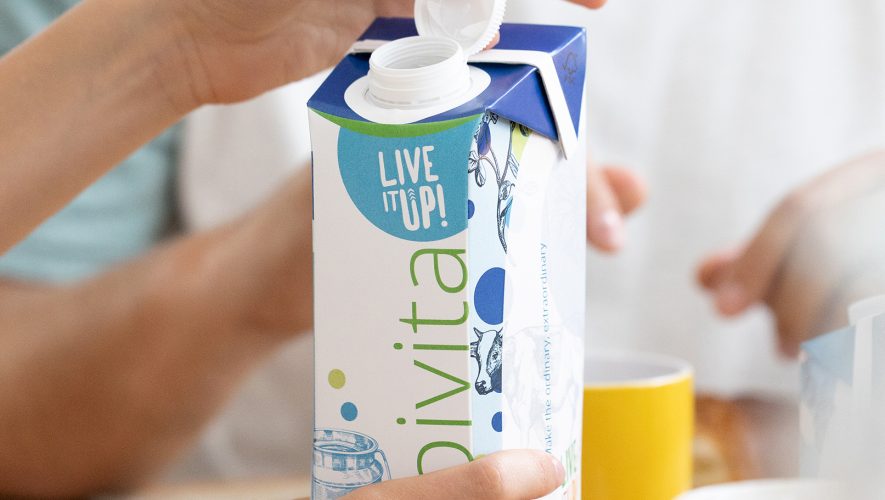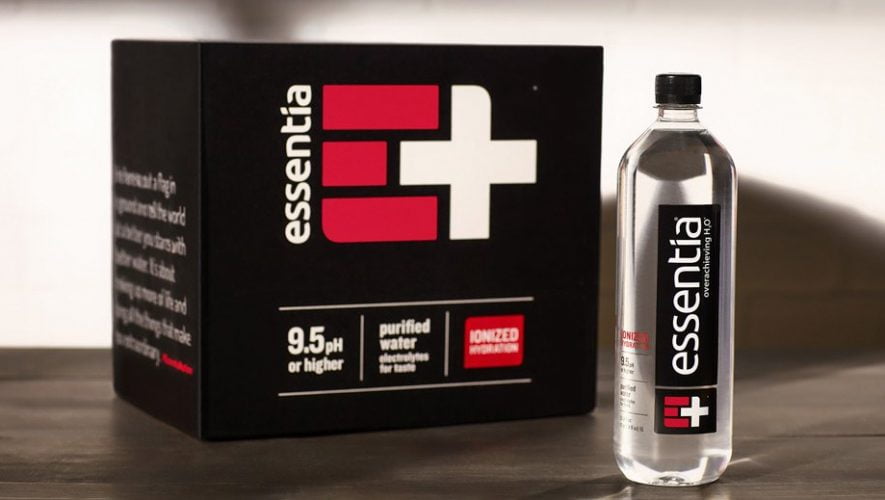Despite the difficulties that the agri-food supply chain is experiencing because of the consequences of the pandemic, the coffee segment is proving that it is possible to overcome this complex moment. Sustainability and innovation are the key words that, according to HostMilano – the world leading trade fair dedicated to the Ho.re.ca. sector – best express the latest evolution of this product. All the data collected by HostMilano creates a very interesting vision on the most consumed drink in the world after water, in view of the next edition of the event that, in synergy with TUTTOFOOD, will present a complete and in-depth overview of the world of coffee. From raw materials and the social commitment in the territories where the plantations grow, up to the latest-generation technology applied to the extraction machines.
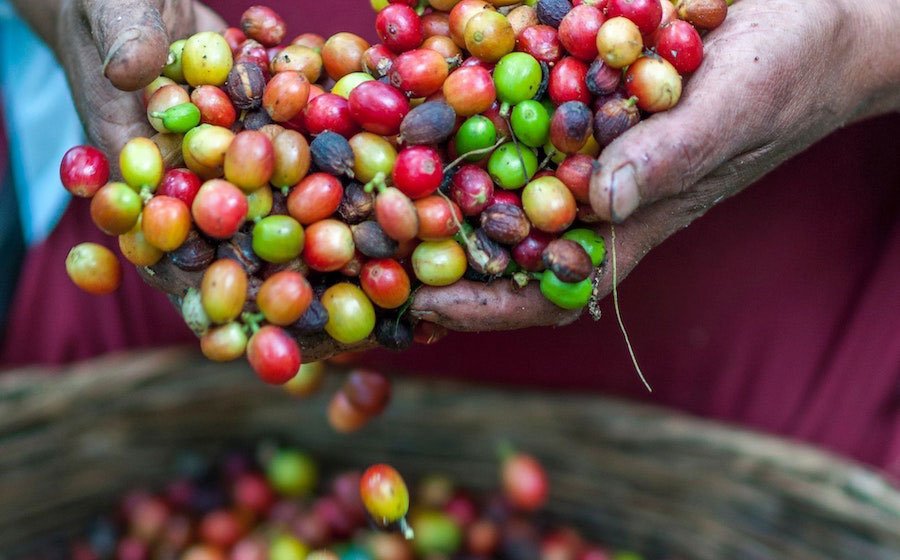
Coffee data
According to data from the International Coffee Organization reported by ICE and processed by HostMilano, global coffee exports increased by 6.5% in just the first two months of the 2020/21 season, compared to the same period last year. Exporting Countries shipped 20.2 million of 60 kg bags, considering the volumes combined in October and November, compared to 18.9 million bags at the same stage of the previous year.
The main reason of this phenomenon according to the international organization, is the increase in exports from Brazil, which recorded a record harvest in 2020. Shipments of Brazilian cereals increased by 23% in the period, up to 8.3 million bags. Exports of the “Colombian Milds”, from Colombia, have decreased by 4,5% in the first two months of the 2020/21 season, while shipments of others Arabica soft have decreased by 5%. Exports of robusta coffee decreased by 1% over the same period.
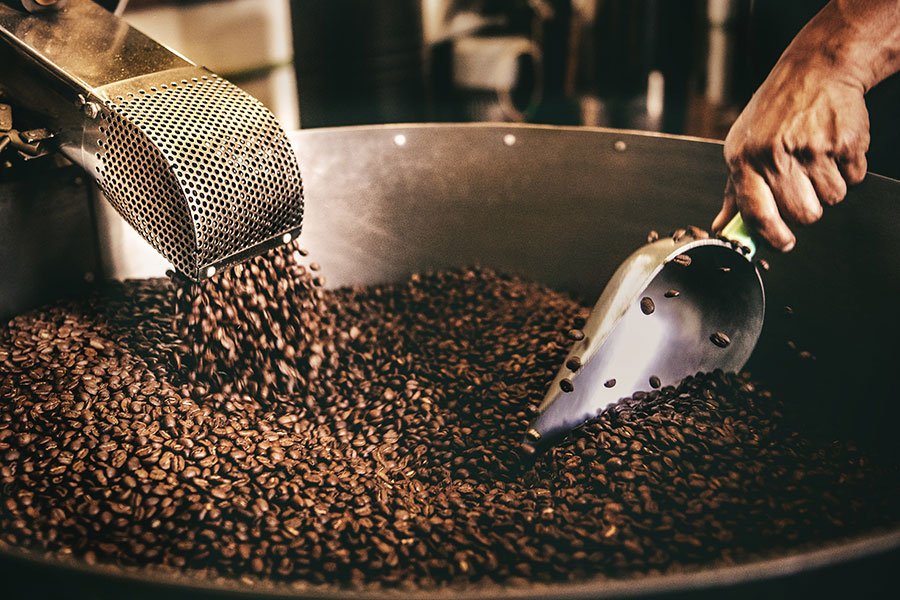
Italy focuses on young people and innovations
In this context, in 2020, the Italian coffee sector has created a turnover of export of 1.3 million euro, compared to 1.4 million in 2019, according to Istat (The Italian National Institute of Statistics) with a number of workers equal to 10.187 unit, according to the analysis of Unioncamere-Infocamere. The analysis also highlighted as among the 930 companies in the sector in 2020, 6.5% are led by under 40, which far exceeds the national average of youth manufacturing companies (5,4%).
A nice injection of confidence that open up to the future with greater confidence and hope, even after the recent candidacy of Italian espresso coffee to the title of Patrimonio Immateriale dell’Umanità Unesco (Unesco intangible heritage of humanity).
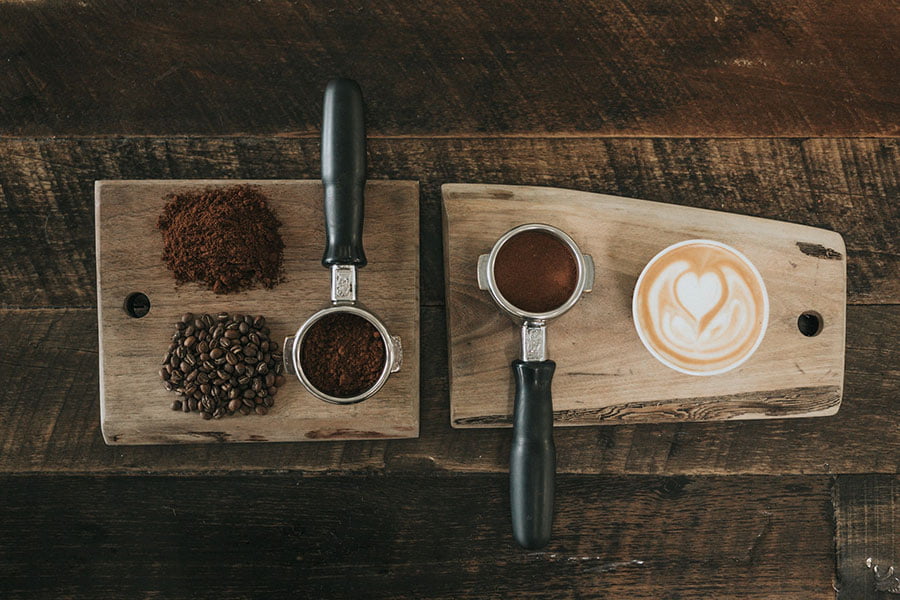
New challenges for worldwide sector operators
Espresso coffee represents a real ritual; this trend is confirmed by a survey carried out by the Istituto Espresso Italiano (IEI) (Italian Espresso Institute). The progressive re-opening of bars and restaurants has revealed that the bar is the preferred place to consume coffee, chosen by 72% of the target audience. What challenges, then, will operators have to face in order to satisfy the consumer who has always shown a desire to return drinking a cup of coffee at the counter? The “Sales Italia Senior Specialist of HostMilano” reveals how the post Covid ho.re.ca. world will look like, according to HostMilano, with a particular focus on the bar segment. According to the processed data and trends, new “green” solutions emerge to meet the needs of increasingly attentive and aware consumers who require a sustainable product, starting from raw materials that must not only be of quality but also certified according to the criteria of social support in the territories where the plantations grow, up to recyclable packaging.
In particular, Italian machines to prepare espresso at the bar have been subjected to an important ecological research, and were among the first equipment to innovate with technologically advanced systems to save water and energy: it is not a coincidence that 75% of Italian machinery is exported abroad, for their reliability and performance in the extraction process. The challenge is now offering a cup of espresso more and more respectful of the environment and of the human work. Today the entire coffee chain is innovating: there are equipment and plants able to select and discard any coffee bean not suitable for that mixture and technology therefore assumes a central role. The Italian espresso has evolved and it will keep evolving in the next few months, trying to respond to the current changing needs, also enhancing other fields of the catering sector: coffee bars have hybridized with other forms of consumption such as confectionery or bakery, confirming how coffee is a fundamental point in hospitality industry. At HostMilano, it will be possible to discover unusual uses of coffee, that can be found in the kitchens of great chefs as well as in pastry.
HostMilano is the world leading trade fair dedicated to the Ho.re.ca. sector.
The next edition will be held in fieramilano from 22 to 26 October 2021.
All updates are available on: www.host.fieramilano.it, @ HostMilano, #Host2021.

